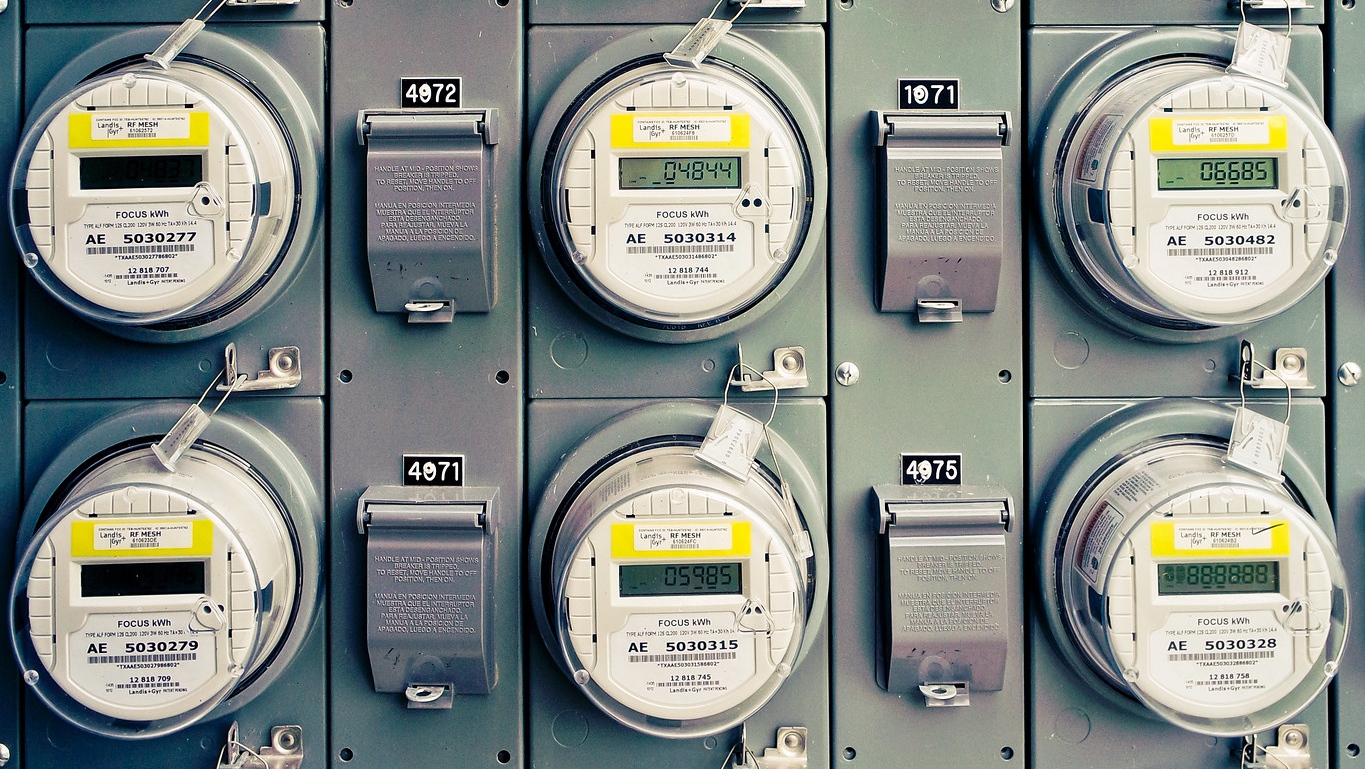
The Bank of England raised interest rates to a 15-year high of 4%, The Times writes on February 2.
In the minutes of the meeting, the rate setters noted that if there was evidence that inflation persisted, they could raise rates even higher. Investors in the financial markets expect interest rates to rise again to a maximum of 4.25% by the summer and then fall again at the end of the year.
The move will add almost £50 a month to the average British mortgage payment.
The consumer price index, which is the main indicator of inflation, fell from a 41-year high of 11.1% last October to 10.5% at the end of the year and is expected to continue falling this year. However, it is still more than five times the Bank of England’s target of 2%.
The publication claims that the “inflation attack” the UK is experiencing has been shaped by four factors: rapidly rising global energy prices, the war in Ukraine, COVID-19 and Brexit.
The bank believes that although the economy narrowly avoided a technical recession, by the middle of this year it will meet the criteria for falling GDP for two consecutive quarters. The UK economy will contract by 0.5% compared to the Bank’s previous forecast of 1.5% in November.
The recession is expected to last until the first three months of next year.
The UK economy is the only one among its wealthy G7 peers that has failed to regain its pre-pandemic size, according to IMF forecasts released earlier this week, and will be the only one of the world’s largest economies to will shrink this year. .
Source: Rossa Primavera
I am Michael Melvin, an experienced news writer with a passion for uncovering stories and bringing them to the public. I have been working in the news industry for over five years now, and my work has been published on multiple websites. As an author at 24 News Reporters, I cover world section of current events stories that are both informative and captivating to read.
